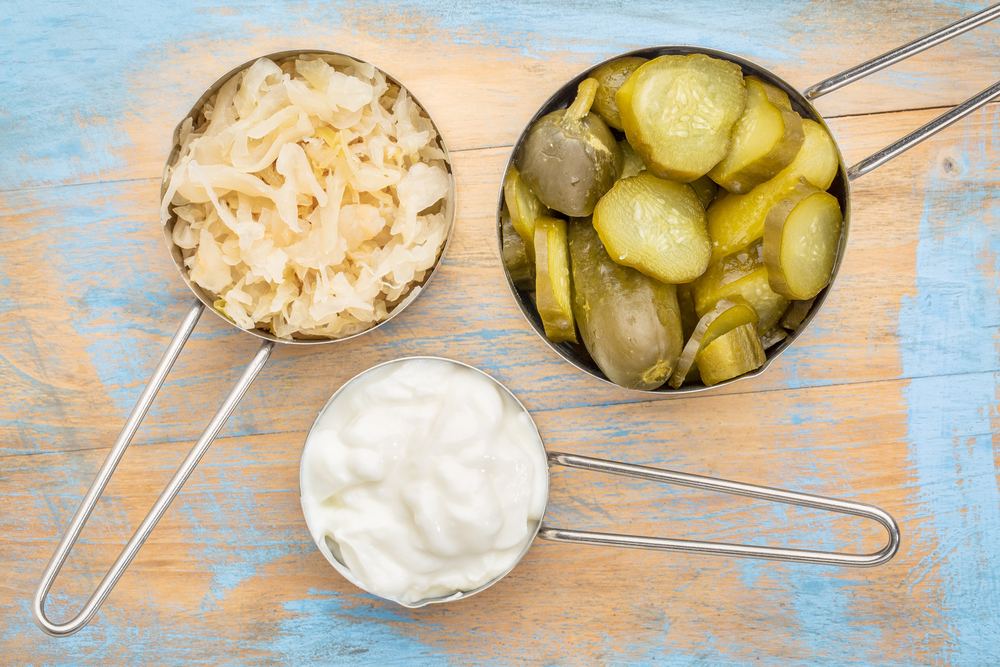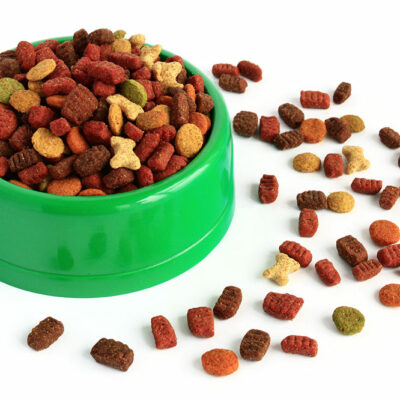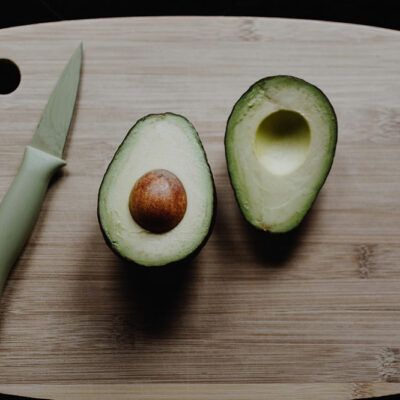
Foods Migraine Patients Should Avoid
Migraines are not common headaches. Rather, a migraine is a recurring, distressing condition characterized by throbbing or pulsating pain that affects children and adults of all ages. Migraines can be mild or severe, depending on triggers including changes in diet, medical complications, and changes in your immediate surroundings.
There is no cure for migraines, but certain treatment options help improve the quality of your life. Eliminating the following foods and beverages from your diet can help manage the symptoms of migraine better:
1. Processed foods
Preservatives and additives can trigger migraines soon after consumption. Tasty meats, for example, are packed with sodium nitrate and sodium nitrite that trigger a splitting headache. The usual suspects among food triggers include bacon, salami, hot dogs, and baloney, among several other types of meats used in making subs and sandwiches. It is advisable to monitor the consumption of these meats or switch to more organic, preservative-free options to avoid having a migraine.
2. Fermented foods and dairy
Dairy products include common favorites, such as yogurt and kefir, which are cultured and rich in bacteria necessary for fermentation. Fermented and aged dairy can trigger headaches due to indigestion. Even different types of cheese that are aged and matured for months or years are rich in a substance known as tyramine, that causes the blood vessels to expand. Bloated blood vessels can trigger frequent and painful bouts of headaches.
3. Certain fruits and vegetables
Not all fruits and vegetables may necessarily suit you, especially if you are suffering from mild to moderate discomfort associated with persistent headaches. Bananas, red plums, figs, avocados, pea pods, sauerkraut, and onions are among the common trigger foods to avoid if you suffer from migraines.
4. Chocolate
While chocolate and chocolate-based confectionery might just be the go-to snack for many, it remains the second most common trigger food to be avoided by migraine sufferers. Chocolate is rich in both caffeine and beta-phenylethylamine, which can trigger headaches. This does not mean you should stop eating chocolate altogether. Migraines are common among people who consume excess chocolate, so eating in moderation is quite alright. However, if the headaches start right after consumption or become more persistent, then it is advisable to avoid chocolate altogether.
5. Caffeinated beverages
You should also limit caffeine or consume it in moderation. Caffeine is present in coffee, tea, and other caffeinated beverages that you may consume on a regular basis. Caffeine withdrawal (usually from coffee) is the main trigger of a migraine headache, as the body takes time to adapt to the sudden restriction in the consumption of the most active metabolic stimulant. Also, diet sodas are the worst beverages to have, as they are high in both caffeine and artificial sweeteners. If you plan to switch to decaf beverages, then it should be done gradually to avoid experiencing any withdrawal symptoms.
6. Alcohol
Alcohol certainly has a numbing effect on the brain, tricking it and the body into believing that they are in a relaxed state. However, alcohol can result in dehydration, another major contributor of migraines.


